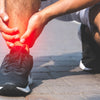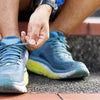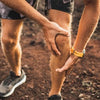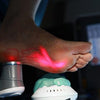Nutrition Tips for Marathon Training
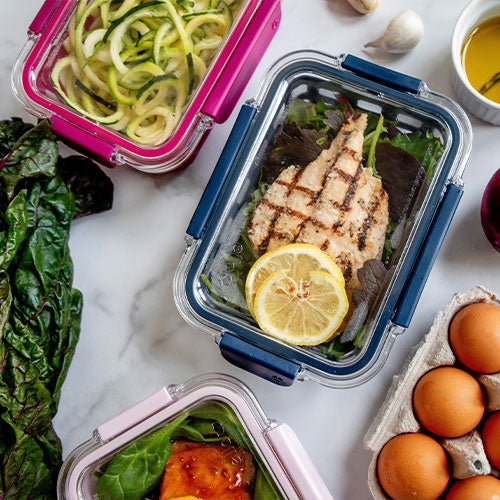
Marathon training is a physically demanding endeavor that necessitates careful attention to nutrition in order to properly fuel your body. Your dietary choices are critical in optimizing performance, promoting recovery, and preventing fatigue and injuries as you log long miles and endure intense workouts. In this article, we'll look at how much you should eat and give you some pointers on what to eat and what to avoid during your marathon training.
How Much Should You Eat While Training for a Marathon?
Individual factors such as age, gender, weight, training intensity, and metabolism influence caloric requirements during marathon training. Most runners, however, can estimate their daily caloric needs as a general guideline by taking their Basal Metabolic Rate (BMR) - the number of calories required to maintain basic bodily functions - and adding the calories burned during training.
While the figures vary, it is critical not to undereat, as this can result in decreased energy levels, impaired recovery, and impaired performance. Overeating, on the other hand, can result in unwanted weight gain and sluggishness during workouts.
Aim to consume enough calories to maintain your weight and energy levels while also ensuring your diet is well-balanced and contains the nutrients required for peak performance.
What to Eat While Training for a Marathon:
Carbohydrates: Because carbohydrates are the primary source of energy for endurance athletes, they are an important part of your diet. Choose complex carbohydrates such as whole grains, fruits, vegetables, and legumes for sustained energy and essential nutrients.
Proteins are necessary for muscle repair and recovery. To support muscle development and maintenance, include lean protein sources in your meals such as poultry, fish, lean meat, tofu, beans, and lentils.
Healthy Fats: Include healthy fats in your diet from sources such as avocados, nuts, seeds, and olive oil. These fats help with nutrient absorption and provide additional energy.
Hydration: Staying hydrated is essential for peak performance. To replenish lost fluids and electrolytes, drink water throughout the day and consider sports drinks or electrolyte-rich beverages during longer training sessions.
Pre-Run Fuel: To adequately fuel your body, consume a balanced meal or snack containing carbohydrates, proteins, and a little fat 2-3 hours before long training runs. Avoid eating heavy or greasy foods that may cause discomfort while exercising.
Post-Run Recovery: Prioritize refueling within 30-60 minutes of finishing a workout with a snack or meal high in carbohydrates and protein to aid in muscle recovery and glycogen replenishment.
What to Avoid While Training for a Marathon:
Processed Foods: Limit your consumption of processed foods that are high in sugar, salt, and unhealthy fats. These are high in empty calories and low in essential nutrients required for peak performance.
Excess Sugar: Limit your intake of sugary snacks, candies, and sugary beverages, as they can cause energy spikes and crashes, which can interfere with your training.
Alcohol can dehydrate your body and impede recovery. Limit your alcohol consumption, especially during periods of intense training.
New Foods Before Race Day: Try new foods or supplements before the race. To avoid gastrointestinal issues during the marathon, stick to foods that are familiar to your body.
Proper nutrition is essential for marathon training success. Consuming the appropriate number of calories while focusing on a well-balanced diet ensures that your body has the energy and nutrients it requires to perform optimally. Prioritize carbohydrates as your primary energy source, include plenty of protein for muscle recovery, and include healthy fats for long-term energy. To support peak performance, stay hydrated during training and throughout the day. Finally, be conscious of what you put into your body by avoiding processed foods, excess sugar, and alcohol. You'll be well-prepared to face the challenges of marathon training and set yourself up for a successful and rewarding race day if you follow these nutrition guidelines.

